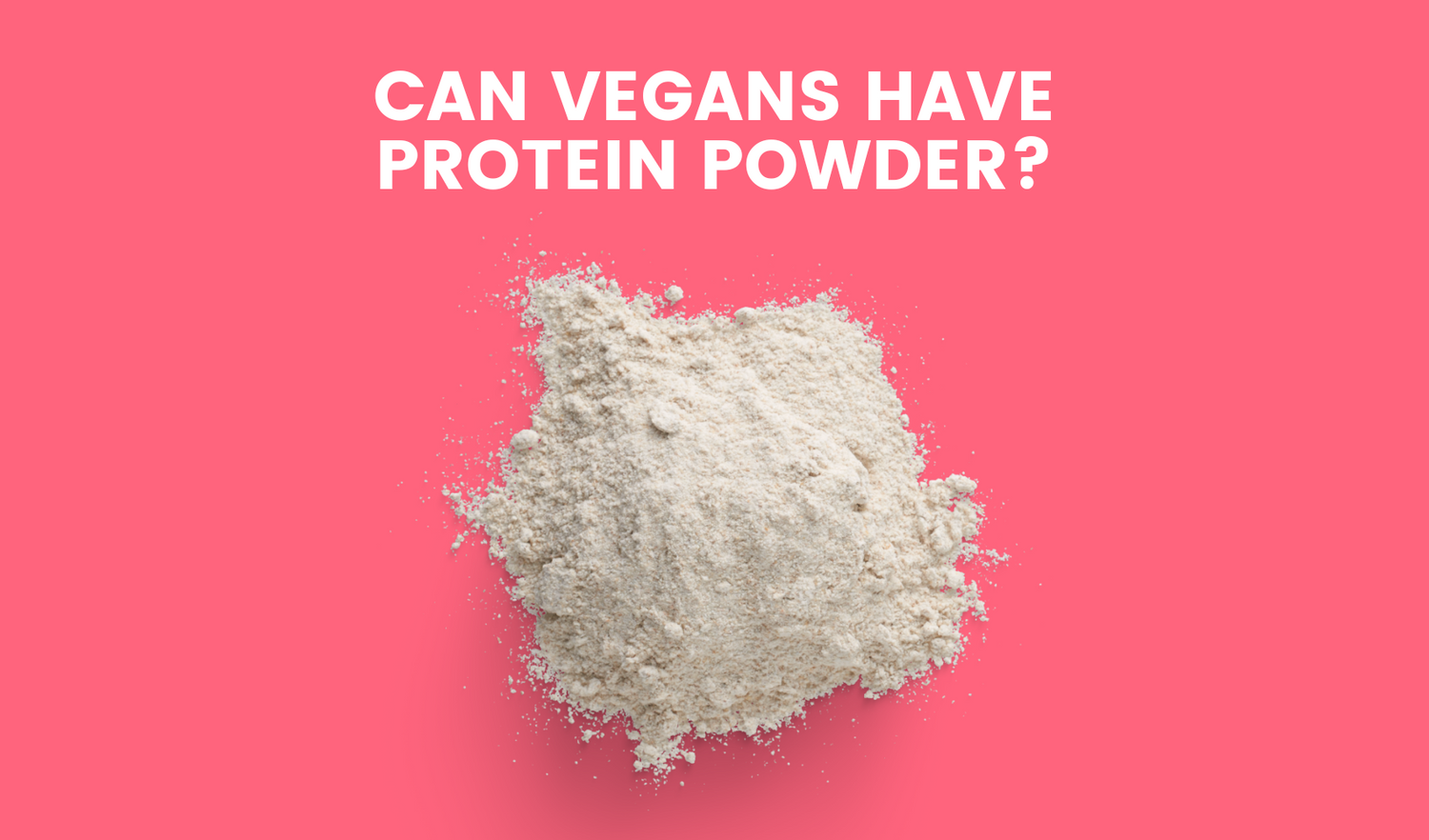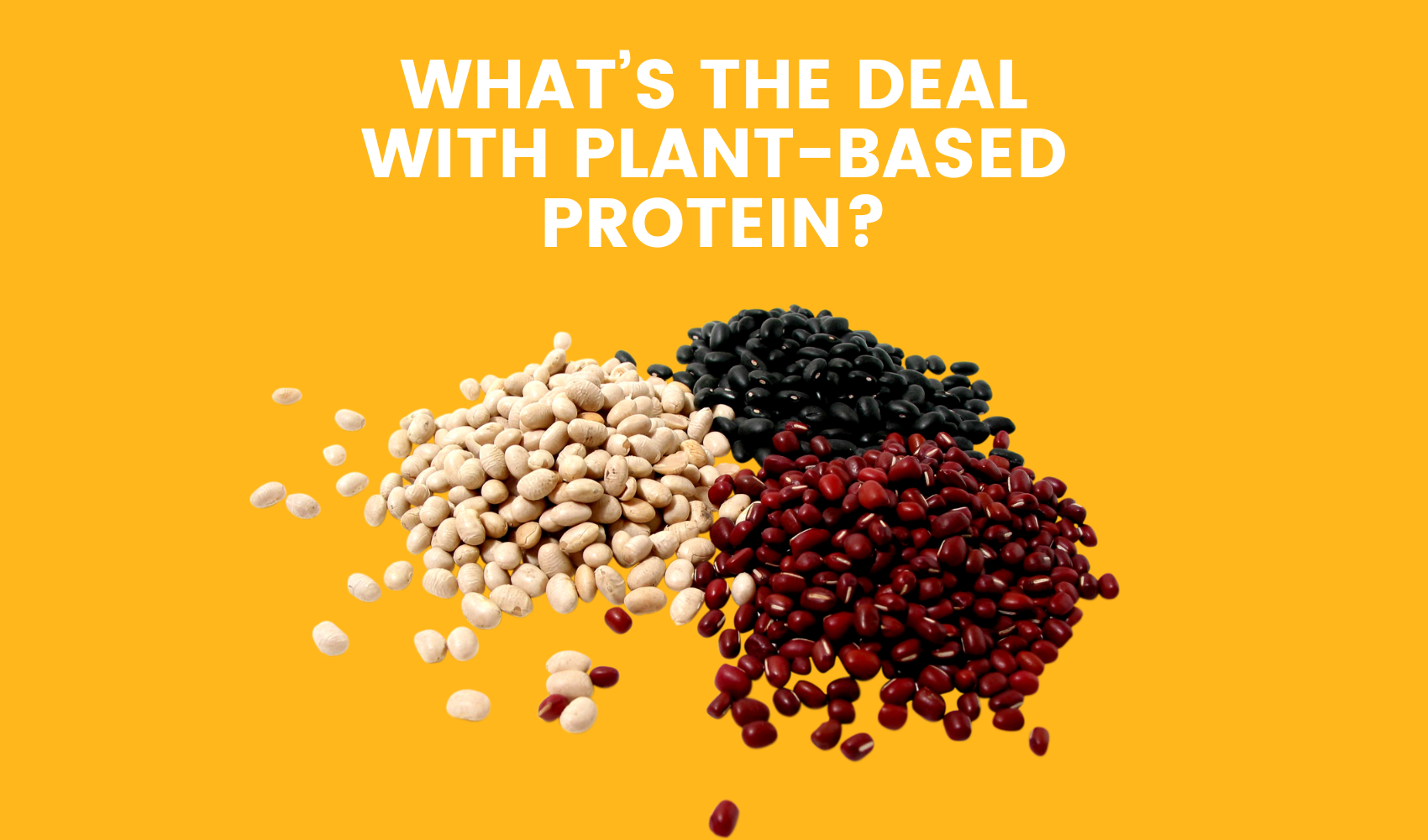Can Vegans Have Protein Powder?
Traditionally, whey protein has dominated the protein powder market. But, in recent years more and more plant-based protein powder options have become available! So yes, vegans do have the option of adding in protein powders to their diets.
Supplementing vegan protein powder is not a necessity for a plant-based diet, but it is useful for reaching your daily protein intake.
Animal-Based Protein vs Plant-Based Protein
Let's compare the pair.
If you've been following a plant-based diet for a while, I'm sure you have heard the term 'Complete Protein'. The biggest debate has been whether vegans are getting enough of the full amino acid profile through plant proteins in their diet.
Animal Proteins
It is said that animal proteins contain a good balance of the amino acid profile we need. Animal proteins and dairy products contain higher amounts of vitamin B12, which is often flagged as a difficult vitamin for vegans and vegetarians to gain in sufficient amounts. However, vitamin B12 can be found in nutritional yeast, fortified cereals or supplemented via tablet form.
Plant Proteins
There are plenty of studied benefits for maintaining a plant-based diet. Vegan and vegetarians tend to have lower blood pressure levels, lower cholesterol and a lower body weight too. They also have a lower risk of cancer than non-vegetarians.
The main essential aminos that may be lacking with a vegan diet are Methionine, Lysine, Tryptophan and Isoleucine.
But with a little dietary variety, vegans and vegetarians can get the entire essential amino acid profile! Mix up those plant foods! Meals with many different natural plant-based protein sources, natural whole grains, whole foods and plenty of fresh vegetables is one way to help combat this problem.
For example, lentils are considered high in lysine. Combine lentils with rice which is said to be low in lysine and you're well on your way to finding a balance of essential amino acids.
And if you're wanting a little extra, try out our Essential Amino Acids - a delicious daily supplement with the complete amino acid profile!
So Move Over Whey
Vegan Protein powders are a great add in for people following a vegan diet. Whether your goal is to lose weight, gain muscle, or you're living a busy lifestyle, your daily protein intake could be reached a little easier with a scoop of delicious vegan protein powder.
Protein powders are the perfect complement to a vegan diet and these days they are able to enjoy a huge exciting range of variety and flavours. Try our delicious range of Vegan Protein for yourself!
Tips:
- When choosing a vegan protein powder, opting for one with multiple plant protein sources will give you a better opportunity of filling in the essential amino acid profile
- Always be sure to read the labels. Steer clear from artificial sweeteners, flavours and preservatives
















